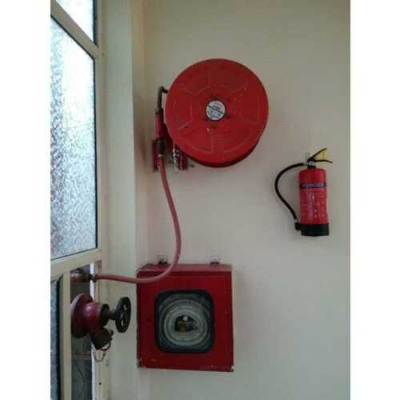
GTM Fire is your premier destination for fire hydrant system installation services in India. With a strong reputation for excellence, we specialize in providing top-notch fire hydrant systems specifically designed for hotels. Our dedicated team is committed to ensuring the safety and security of your establishment with our state-of-the-art solutions.
When it comes to safeguarding your hotel, a reliable fire hydrant system is an absolute must. At GTM Fire, we understand the unique challenges faced by hotel owners and management. Our expertise lies in designing and installing customized fire hydrant systems that cater to the specific needs of hotels. From small boutique hotels to large luxury resorts, we have the knowledge and experience to deliver optimal fire safety solutions.
Our comprehensive range of services includes the installation of fire hydrant systems in hotels across India. Our skilled technicians work diligently to ensure that each system is seamlessly integrated into your hotel's infrastructure, minimizing disruption to your daily operations. We take pride in our attention to detail and commitment to delivering projects on time and within budget.
In addition to installation, GTM Fire offers comprehensive maintenance services for fire hydrant systems in hotels. We understand that regular upkeep is crucial for the proper functioning of these systems. Our team of experts is trained to perform routine inspections, testing, and maintenance to ensure that your fire hydrant system is always in optimal condition. With our Annual Maintenance Contract (AMC) packages, you can have peace of mind knowing that your hotel's fire safety is in capable hands.
At GTM Fire, we believe in building long-term relationships with our clients. We strive to provide exceptional customer service and support throughout the entire process. Our team is always available to address any queries or concerns you may have regarding fire hydrant systems for hotels. We are passionate about fire safety and take pride in our ability to create a secure environment for your guests and staff.
When it comes to fire safety, trust the experts at GTM Fire. Contact us today to discuss your hotel's fire hydrant system installation requirements and let us provide you with a tailored solution that meets your needs. Don't compromise on safety - choose GTM Fire for reliable, efficient, and top-quality fire hydrant systems for hotels in India.
The installation process of a fire hydrant system for hotels typically involves several steps. Here's a general overview:
1. Design: A professional engineer will assess the hotel's layout and fire safety requirements to design an effective fire hydrant system. This includes determining the number and locations of hydrants, pipe sizing, and water supply requirements.
2. Permitting: Obtain the necessary permits and approvals from local authorities before commencing the installation. Compliance with building codes and regulations is crucial for fire safety.
3. Excavation: Excavate the ground to lay the underground pipes that will connect the fire hydrants. This may involve digging trenches and creating access points for the hydrants.
4. Pipe Installation: Install the piping system according to the design specifications. This includes connecting the main water supply line to the fire hydrant system and extending the pipes to each designated hydrant location.
5. Hydrant Installation: Install the fire hydrants at the predetermined locations. This involves mounting the hydrants securely, connecting them to the pipework, and ensuring they are easily accessible for firefighting purposes.
6. Pressure Testing: Conduct thorough pressure testing of the entire system to ensure it can handle the required water flow and pressure during emergencies. Any leaks or issues should be identified and addressed promptly.
7. Backfilling and Restoration: Fill the excavated areas with suitable materials and restore the ground surface to its original condition. Proper compaction is necessary to ensure stability and prevent future damage to the system.
8. Commissioning and Training: Once the installation is complete, the system should be commissioned by testing all hydrants, valves, and control mechanisms. Additionally, hotel staff should receive training on the proper use of the fire hydrant system and associated firefighting equipment.
Remember, the specific installation process may vary depending on local regulations, building requirements, and the complexity of the hotel's layout. It's important to consult with professionals experienced in fire safety systems to ensure compliance and optimal protection against fire hazards.
When installing a fire hydrant system for hotels, several accessories are typically required to ensure the system functions effectively. Here are some common accessories:
1. Fire Hydrants: These are the primary components of the system and include the hydrant bodies, caps, nozzles, and valves. They provide a connection point for firefighters to access water in case of a fire.
2. Hydrant Valves: These valves control the water flow from the hydrant. They are typically installed below ground level and are operated by firefighters using special hydrant wrenches.
3. Fire Hoses: High-quality fire hoses are essential for connecting the hydrants to fire engines or other firefighting equipment. They should be durable, flexible, and capable of withstanding high water pressures.
4. Hose Reels and Cabinets: Hose reels or cabinets are used to store fire hoses in convenient locations throughout the hotel. They help keep the hoses organized and easily accessible during an emergency.
5. Standpipes: Standpipes are vertical pipes connected to the fire hydrant system that allow firefighters to access water on different levels of the hotel. They typically have outlets on each floor for hose connections.
6. Adapters and Fittings: Various adapters and fittings are needed to ensure compatibility and proper connections between different components of the fire hydrant system, such as hydrants, hoses, and standpipes.
7. Fire Hose Nozzles: Nozzles are attached to the end of fire hoses to control the water flow and direct it towards the fire. Different types of nozzles are available, including adjustable spray nozzles and straight stream nozzles.
8. Fire Hydrant Markers: These markers are used to clearly indicate the location of fire hydrants on the hotel premises, ensuring that they are easily identifiable during emergencies.
9. Fire Department Connections: These connections allow fire departments to easily access and connect their hoses to the hotel's fire hydrant system. They typically consist of a pipe with a specialized fitting.
10. Signage and Labels: Proper signage and labels should be installed to indicate the location of fire hydrants, emergency shut-off valves, and other crucial components of the fire hydrant system. This helps firefighters and hotel staff quickly locate and operate the system during an emergency.
It's important to consult with fire safety professionals and follow local regulations and standards when selecting and installing these accessories to ensure compliance and optimal performance of the fire hydrant system.
Fire hydrant systems offer several benefits for hotels in terms of fire safety and protection. Here are some key advantages:
1. Rapid Response: Fire hydrant systems provide a readily available water supply, allowing firefighters to quickly and effectively respond to a fire incident within the hotel. The immediate access to water can help contain and extinguish the fire before it spreads and causes significant damage.
2. Enhanced Fire Suppression: Fire hydrants deliver a high volume of water at high pressure, enabling more effective fire suppression compared to portable firefighting equipment. This increased water flow can help control and extinguish fires more efficiently, minimizing potential property damage and protecting lives.
3. Extended Coverage: Fire hydrant systems are designed to cover larger areas, ensuring that every part of the hotel is within reach of firefighters and their equipment. This extended coverage improves the overall fire safety and protection capabilities of the hotel.
4. Continuous Water Supply: Fire hydrant systems typically connect to the municipal water supply or an on-site water storage system. This ensures a continuous water supply for firefighting operations, even if the fire exceeds the capacity of portable extinguishers or sprinkler systems.
5. Flexibility and Accessibility: Fire hydrants are strategically placed throughout the hotel, usually in easily accessible locations. Their prominent visibility and clear signage make them readily available for firefighters to connect their hoses and initiate firefighting operations without delay.
6. Support for Firefighting Tactics: Fire hydrant systems enable various firefighting tactics, such as establishing a water curtain to protect evacuation routes or supplying water to aerial firefighting equipment, such as fire department ladder trucks. This versatility enhances the effectiveness of firefighting efforts.
7. Compliance with Building Codes: Fire hydrant systems are often a mandatory requirement in building codes and regulations for hotels. By installing and maintaining a fire hydrant system, hotels can ensure compliance with fire safety standards and regulations, reducing the risk of penalties or legal issues.
8. Peace of Mind: Having a reliable fire hydrant system in place provides peace of mind to hotel owners, management, employees, and guests. It demonstrates a commitment to fire safety and helps create a secure environment, instilling confidence in the hotel's ability to respond effectively in case of a fire emergency.
It's important to note that the design, installation, and maintenance of fire hydrant systems should be conducted by qualified professionals in accordance with local regulations and standards. Regular inspections and testing are necessary to ensure the system remains in optimal working condition.
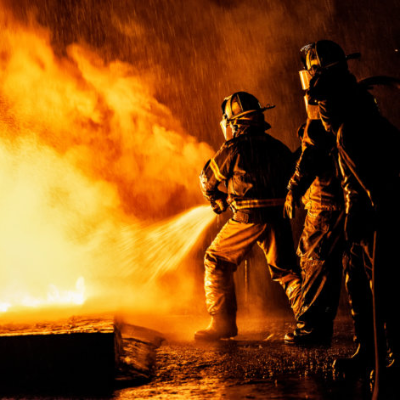 Fire Fighting Equipments
Fire Fighting Equipments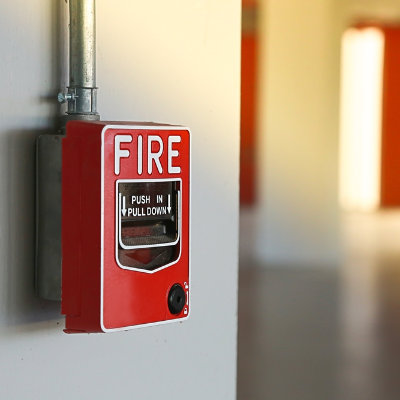 Fire Alarm
Fire Alarm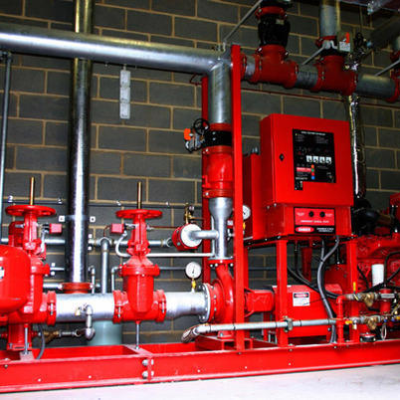 Fire Hydrant System
Fire Hydrant System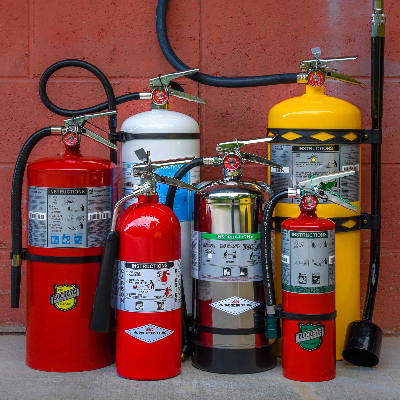 Fire Extinguisher
Fire Extinguisher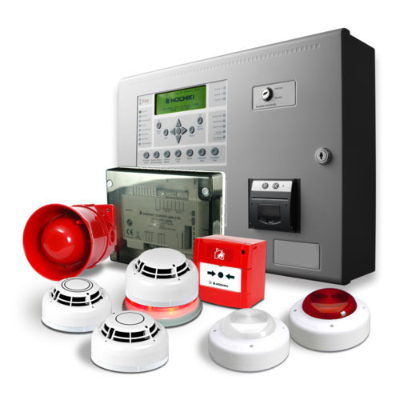 Fire Detection System
Fire Detection System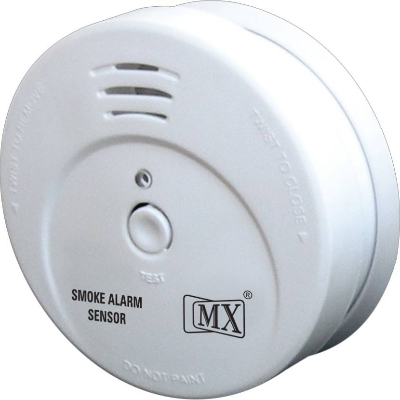 Fire Detector
Fire Detector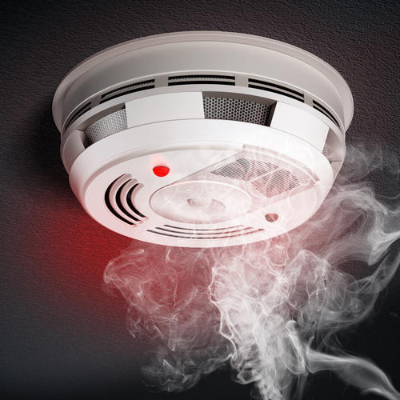 Smoke Detector
Smoke Detector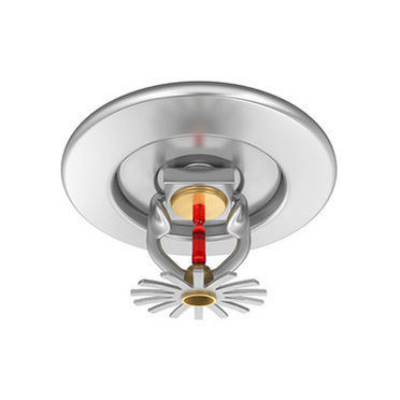 Fire sprinkler
Fire sprinkler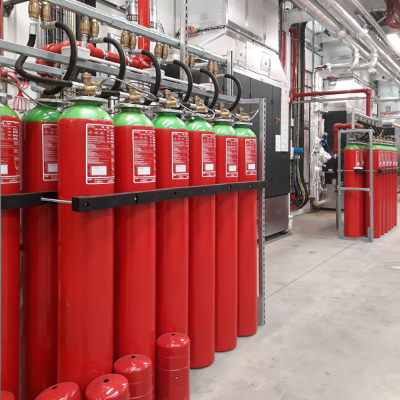 Fire Suppression
Fire Suppression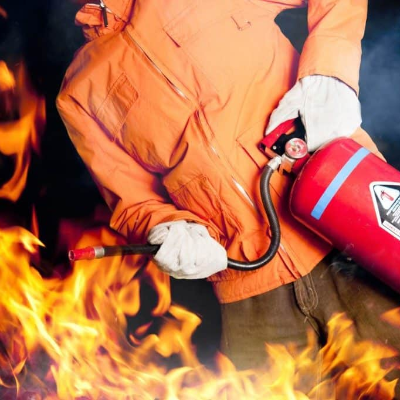 Fire Safety
Fire Safety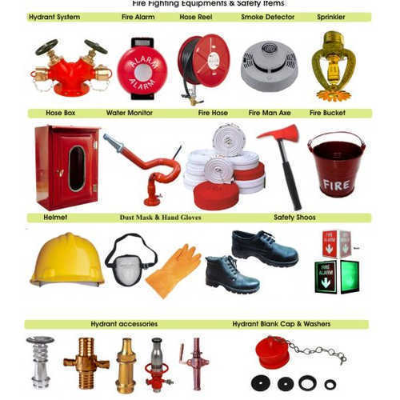 Fire Protection Equipments
Fire Protection Equipments Fire Door
Fire Door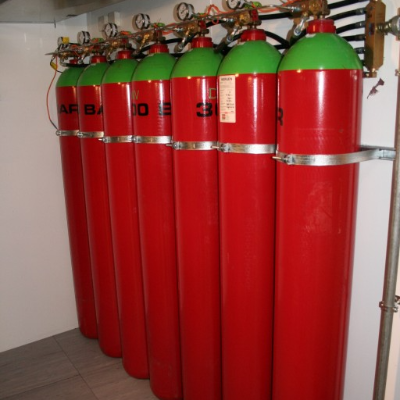 Gas Suppression System
Gas Suppression System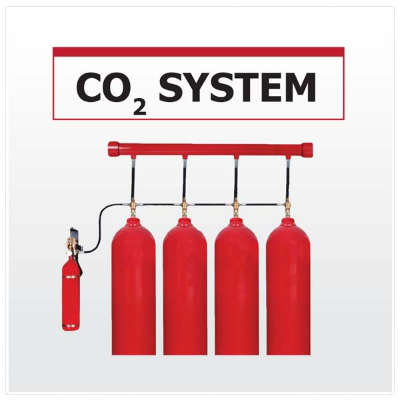 Co2 Fire Suppression System
Co2 Fire Suppression System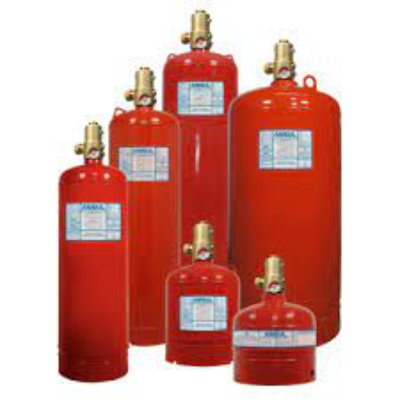 FM 200 Fire Suppression System
FM 200 Fire Suppression System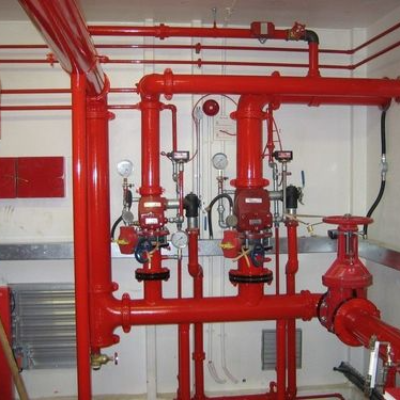 Fire Hydrant System for Building
Fire Hydrant System for Building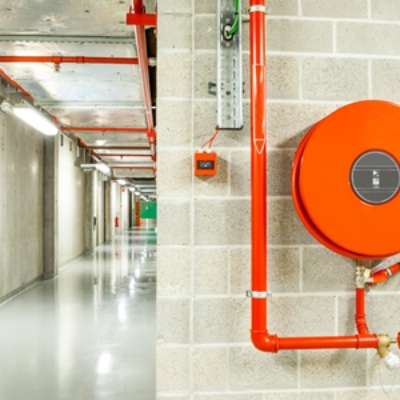 Fire Hydrant System for Hospital
Fire Hydrant System for Hospital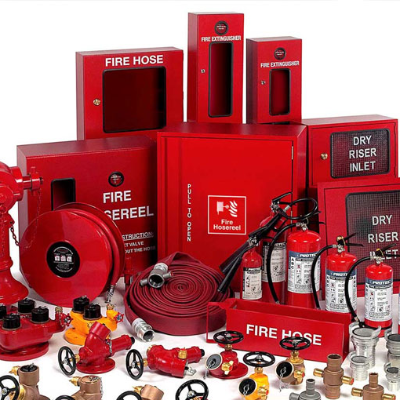 Fire Hydrant System for Offices
Fire Hydrant System for Offices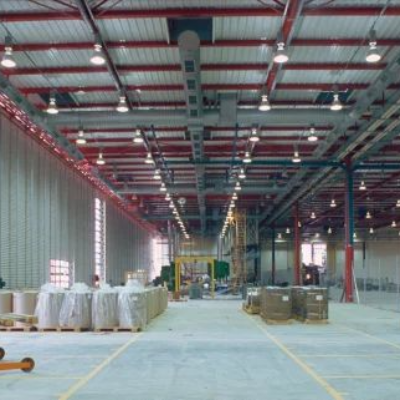 Fire Hydrant System for Warehouse
Fire Hydrant System for Warehouse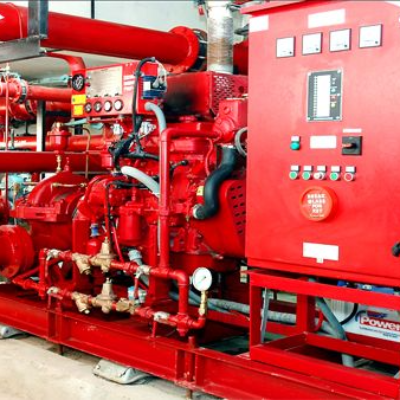 Fire Hydrant System for Factory
Fire Hydrant System for Factory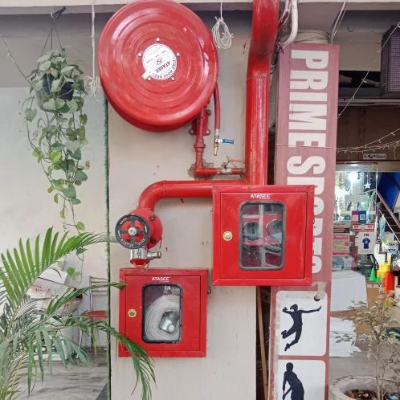 Fire Hydrant System for School
Fire Hydrant System for School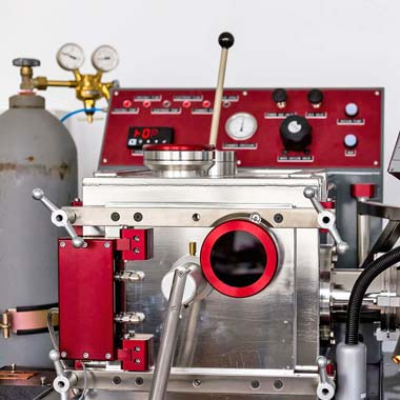 Fire Hydrant System for Laboratory
Fire Hydrant System for Laboratory Fire Hydrant System for Malls
Fire Hydrant System for Malls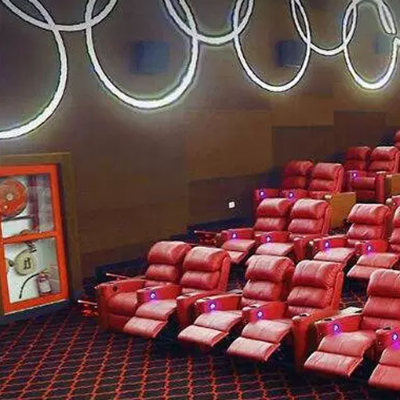 Fire Hydrant System for Theatres
Fire Hydrant System for Theatres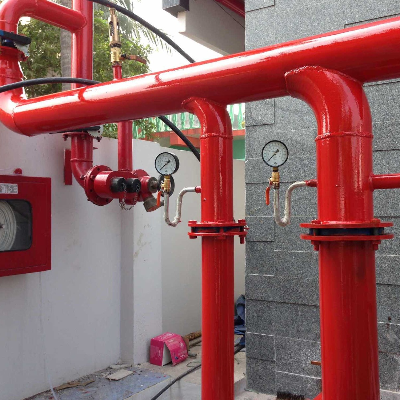 Fire Hydrant System for Housing Society
Fire Hydrant System for Housing Society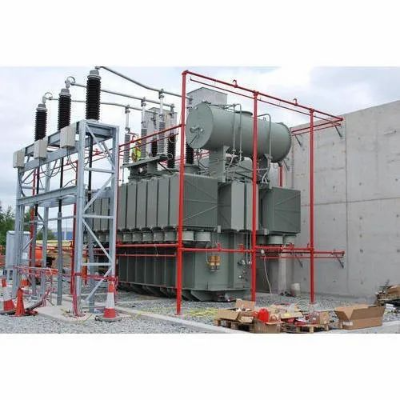 Fire Hydrant System for Transformer
Fire Hydrant System for Transformer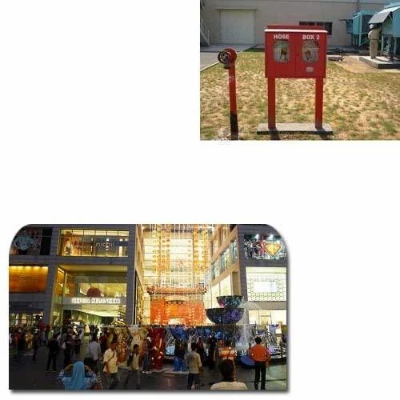 Fire Hydrant System for Shopping Complex
Fire Hydrant System for Shopping Complex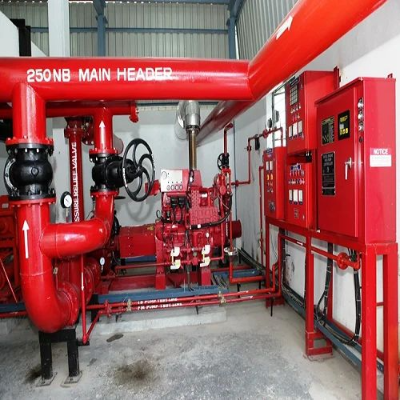 Fire Hydrant System for Industries
Fire Hydrant System for Industries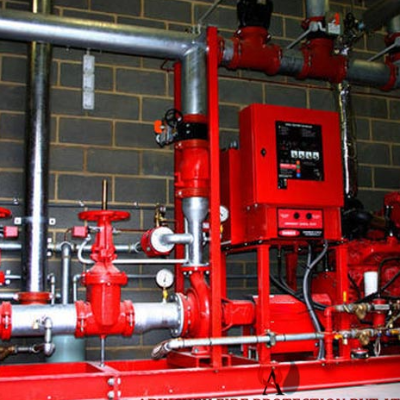 Fire Hydrant System for Construction Site
Fire Hydrant System for Construction Site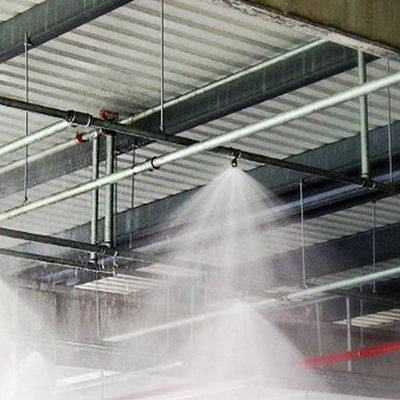 Fire Sprinkler System for Buildings
Fire Sprinkler System for Buildings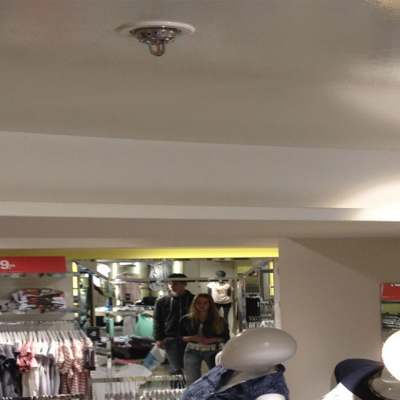 Fire Sprinkler System for Retail Store
Fire Sprinkler System for Retail Store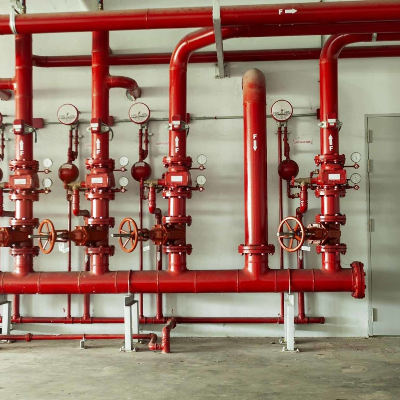 Fire Sprinkler System for Shopping Complex
Fire Sprinkler System for Shopping Complex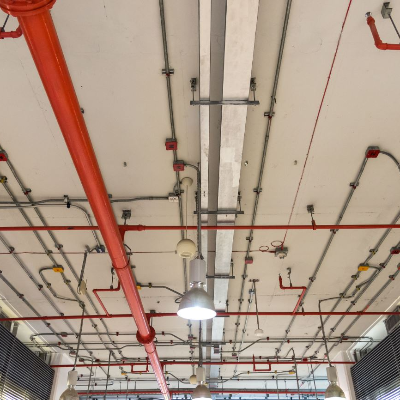 Fire Sprinkler System for Electrical Room
Fire Sprinkler System for Electrical Room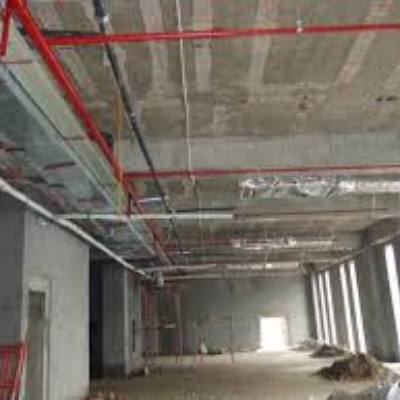 Fire Sprinkler System for Basement
Fire Sprinkler System for Basement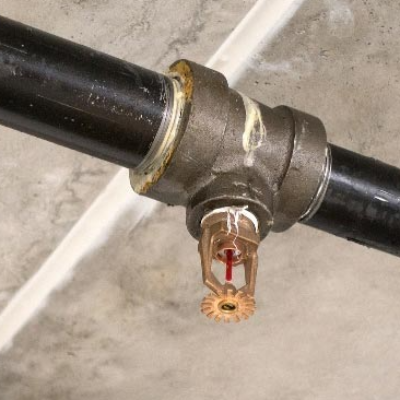 Fire Sprinkler System for Theaters
Fire Sprinkler System for Theaters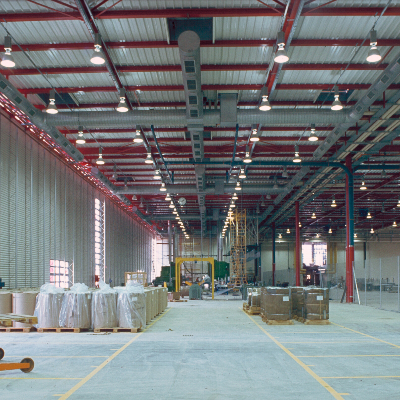 Fire Sprinkler System for Garage
Fire Sprinkler System for Garage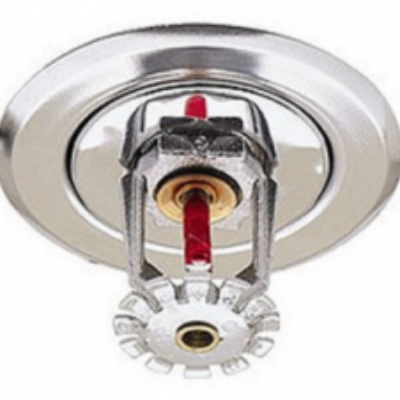 Fire Sprinkler System for Home
Fire Sprinkler System for Home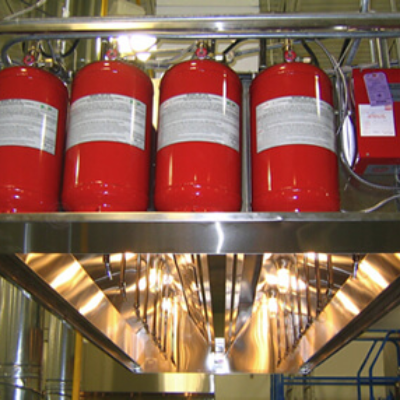 Fire Sprinkler System for Restaurant
Fire Sprinkler System for Restaurant Fire Sprinkler System for Malls
Fire Sprinkler System for Malls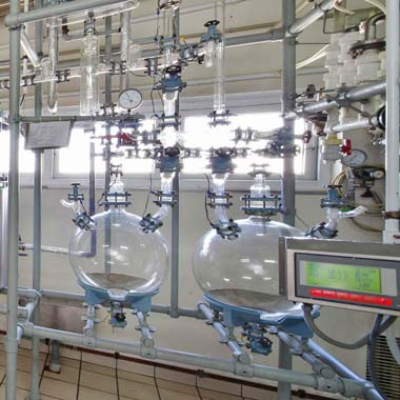 Fire Sprinkler System for Laboratories
Fire Sprinkler System for Laboratories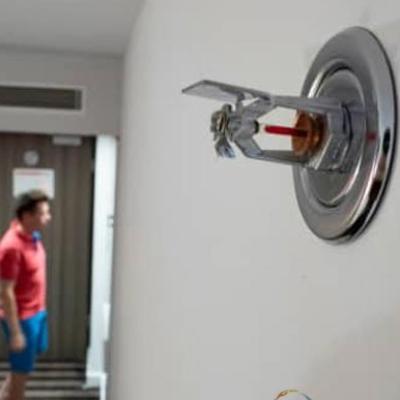 Fire Sprinkler System for Hotels
Fire Sprinkler System for Hotels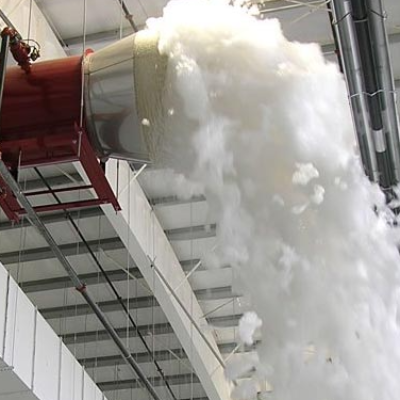 Fire Sprinkler System for Factories
Fire Sprinkler System for Factories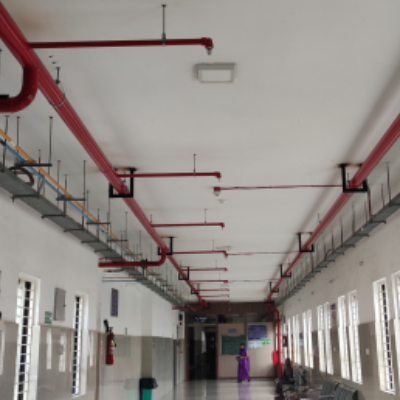 Fire Sprinkler System for Hospital
Fire Sprinkler System for Hospital Fire Sprinkler System for Warehouse
Fire Sprinkler System for Warehouse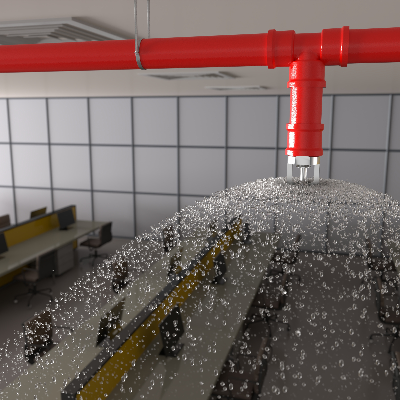 Fire Sprinkler System for Office
Fire Sprinkler System for Office Fire Alarm System for Factory
Fire Alarm System for Factory Fire Alarm System for Office
Fire Alarm System for Office Fire Alarm System for Warehouse
Fire Alarm System for Warehouse Fire Alarm System for Home
Fire Alarm System for Home Fire Alarm System for Residential Building
Fire Alarm System for Residential Building Fire Alarm System for Office Building
Fire Alarm System for Office Building Fire Alarm System for Building
Fire Alarm System for Building Fire Alarm System for Business
Fire Alarm System for Business Fire Alarm System for Commercial Building
Fire Alarm System for Commercial Building Fire Alarm System for Restaurant
Fire Alarm System for Restaurant Fire Alarm System for Hospital
Fire Alarm System for Hospital Fire Alarm System for Schools
Fire Alarm System for Schools Fire Alarm System for Hotels
Fire Alarm System for Hotels Fire Alarm System for Mall
Fire Alarm System for Mall Fire Alarm System for Airport
Fire Alarm System for Airport Fire Alarm System for Cinema Hall
Fire Alarm System for Cinema Hall Fire Alarm System for Home care
Fire Alarm System for Home care Fire Alarm System for Shopping Complex
Fire Alarm System for Shopping Complex Fire Alarm System for Apartment
Fire Alarm System for Apartment Fire Alarm System for Laboratory
Fire Alarm System for Laboratory Fire Alarm System for Retail Store
Fire Alarm System for Retail Store Fire Alarm System for Food Court
Fire Alarm System for Food Court Fire Alarm System for Kitchen
Fire Alarm System for Kitchen Fire Alarm System for Data Center
Fire Alarm System for Data Center Fire Alarm System for Coaching Institute
Fire Alarm System for Coaching Institute Fire Alarm System for Auditorium
Fire Alarm System for Auditorium